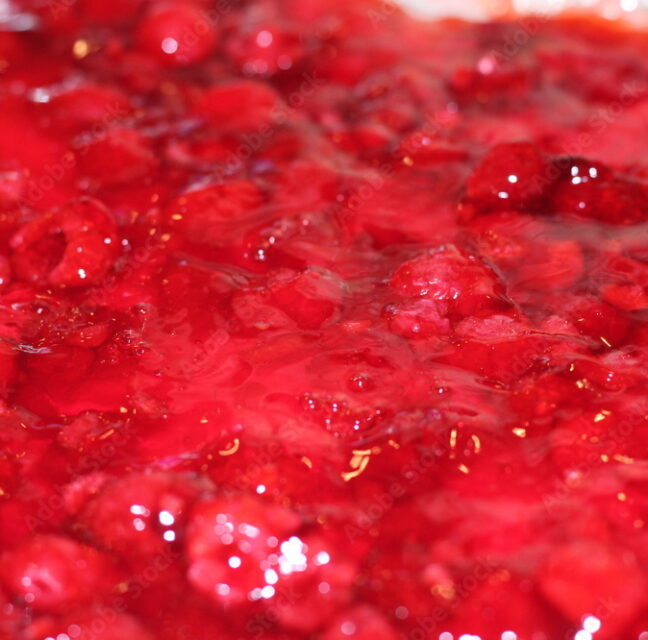
In last month’s article we discussed the hypothesis that the obesity epidemic in this country might be due to the energy-dense, nutrient- poor diets that leave the consumer deficient in key micronutrients (vitamins and minerals) and constantly hungry because of this lack of key nutrients. The hunger may be a biological strategy for obtaining missing nutrients.
One of the most energy-dense and nutrient-poor of all foods is sugar. Sugar is pervasive in the American diet. Because sugar activates the same areas in the brain that drugs of abuse do, researchers hypothesized that sugar can cause dependency (that is, addiction) just as these drugs do. To prove this hypothesis, researchers set out to show that sugar follows the same pattern of dependency that other addictive substances do.
That is, it followed the two stages of dependency. The first stage is expressed when animals escalate their intake of a substance and show underlying neurochemical changes that indicate sensitization or tolerance. The second stage is the emergence of withdrawal symptoms, both behavioral and neurochemical.
SUGAR AND THE FIRST STAGE
OF ADDICTION
In a study published in Neuroreport on Nov. 16, 2001, designed to induce sugar dependency in rats, Colantuoni and other researchers deprived adult rats of food for 12 hours daily, then gave them access to chow with 25 percent glucose (sugar) for the next 12 hours for a period of one to four weeks. Their glucose intake doubled in 10 days, and they learned to drink large amounts of glucose in the first hour of daily access. There were underlying neurochemical changes that indicated tolerance, as well.
After a month on this schedule, dopamine and opioid receptors were altered in several regions of the brain, including significantly increased binding in the nucleus accumbens. Thus, intermittent, excessive sugar intake sensitized dopamine and opioid receptors in the brain much like some drugs of abuse.
It is interesting to note that dependency was accelerated by first depriving the rats of food. Although rats will gradually escalate their intake of glucose regardless of whether it is given continuously or after food deprivation, deprivation promotes binge eating when food does become available. This might be because food deprivation itself alters the neurochemistry of the brain. It causes the release of
opioids.
SUGAR AND THE SECOND STAGE OF ADDICTION
In another study published in Obesity Research in 2002, Colantuoni and other researchers sought to prove that sugar can cause addiction by showing it can cause both behavioral and neurochemical withdrawal symptoms. Spontaneous withdrawal caused by a 24-hour fast led to behavioral withdrawal symptoms in the form of teeth chatter, tremor and shakes.
The neurochemical changes that accompanied withdrawal from sugar were a rise in acetylcholine and a decline in dopamine. This dopamine/acetylcholine imbalance is characteristic of withdrawal from morphine and withdrawal from nicotine. This suggests that withdrawal from sugar shares features with withdrawal from morphine and nicotine, and in this respect, they all have a common basis: dependence on naturally activated endogenous opioids.
The authors go on to say that highly caloric foods and addictive drugs bear many interesting similarities. For example, food restriction triggers the reinforcing effect of both food and drugs (cocaine, alcohol or opiates). The authors also say, “The behavioral paradigm used in this study shares some aspects with a pattern of ingestive behavior self-imposed by people diagnosed with binge-eating disorder or bulimia nervosa. [They] often restrict intake early in the day and then binge later in the afternoon or evening.”
The behavioral and neurochemical patterns displayed in this study also provide scientific evidence that diets don’t work. After all, what is dieting but food restriction, and like the food restricted rats in this study, dieting leads to bingeing, food addiction and weight gain.
What is the alternative? Changing from an energy-dense, nutrient-poor processed food diet to a diet of fresh, natural unprocessed food.






